Judith Butler and the fear of gender
In the 1990s a new philosophy helped open up alternative ways of being. Nobody predicted it would lead to war.
By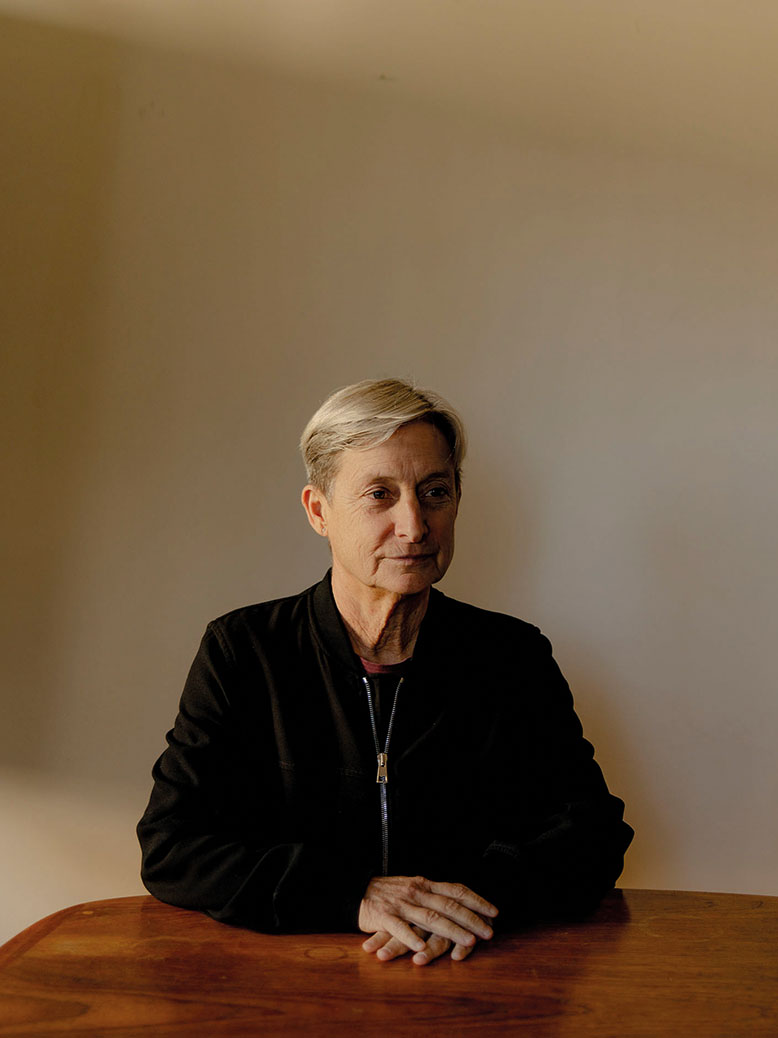
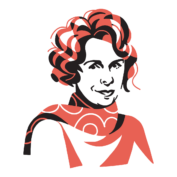
Lyndsey Stonebridge is professor of humanities and human rights at the University of Birmingham. She is the author of We Are Free to Change the World: Hannah Arendt’s Lessons in Love and Disobedience.
In the 1990s a new philosophy helped open up alternative ways of being. Nobody predicted it would lead to war.
By Lyndsey Stonebridge
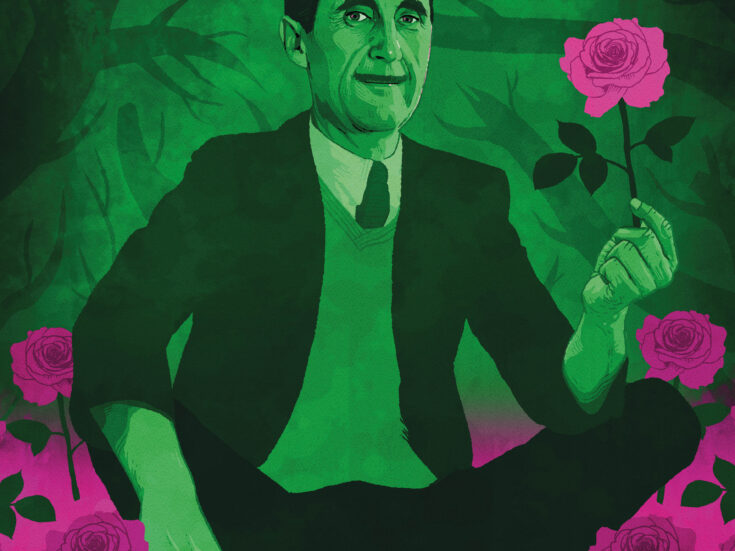
In tending to his roses, Orwell created a refuge from industrial capitalism, fascism and war.
By Lyndsey Stonebridge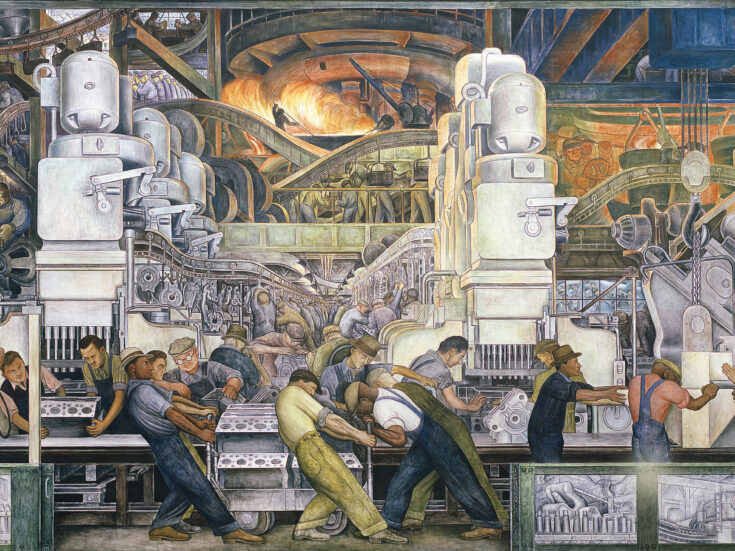
Collective benefit is what gives labour meaning, but the pandemic has exposed deep inequalities in the ways we make a…
By Lyndsey Stonebridge
Opinions about Europe, history and sovereignty quickly became treated as though they were existential conditions not viewpoints.
By Lyndsey Stonebridge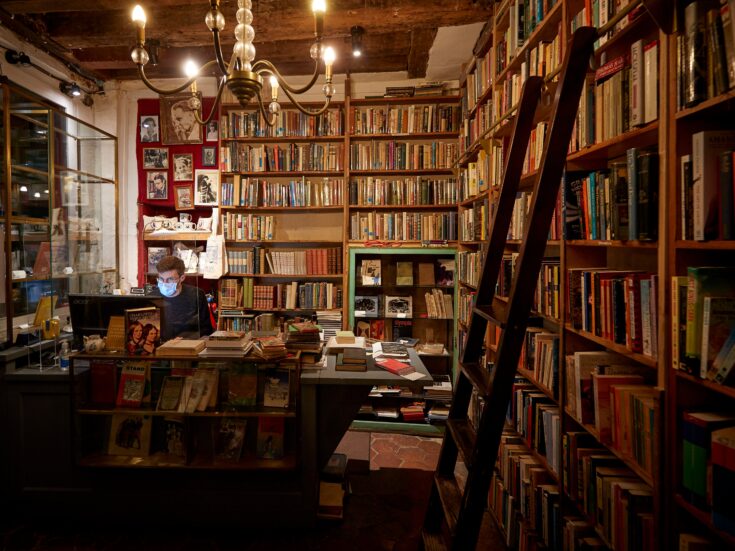
We should start owning our reading and asking more serious questions about what place literary education has in our…
By Lyndsey Stonebridge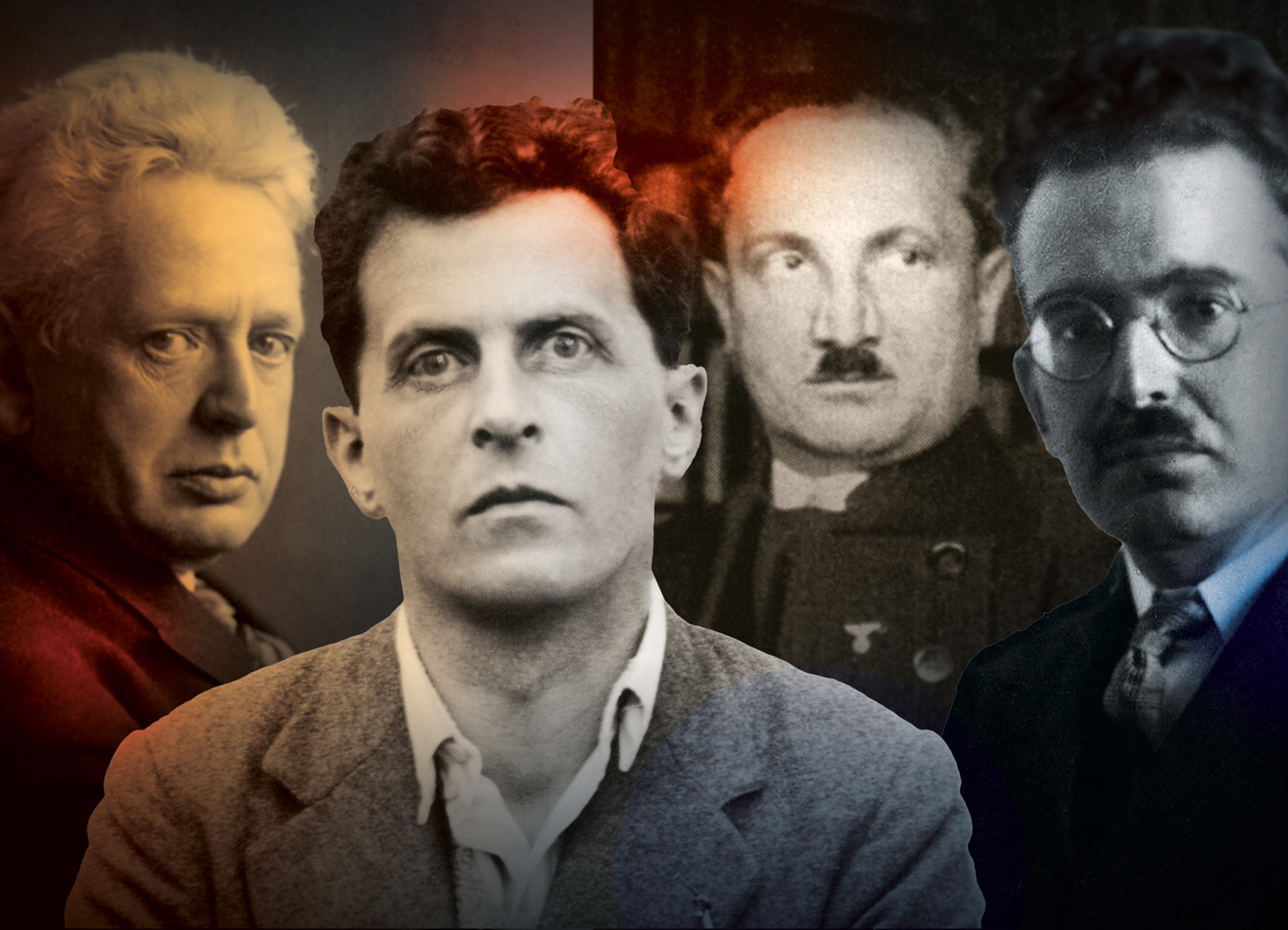
Between the wars, Ludwig Wittgenstein, Martin Heidegger, Ernst Cassirer and Walter Benjamin sought to transform the world by giving…
By Lyndsey Stonebridge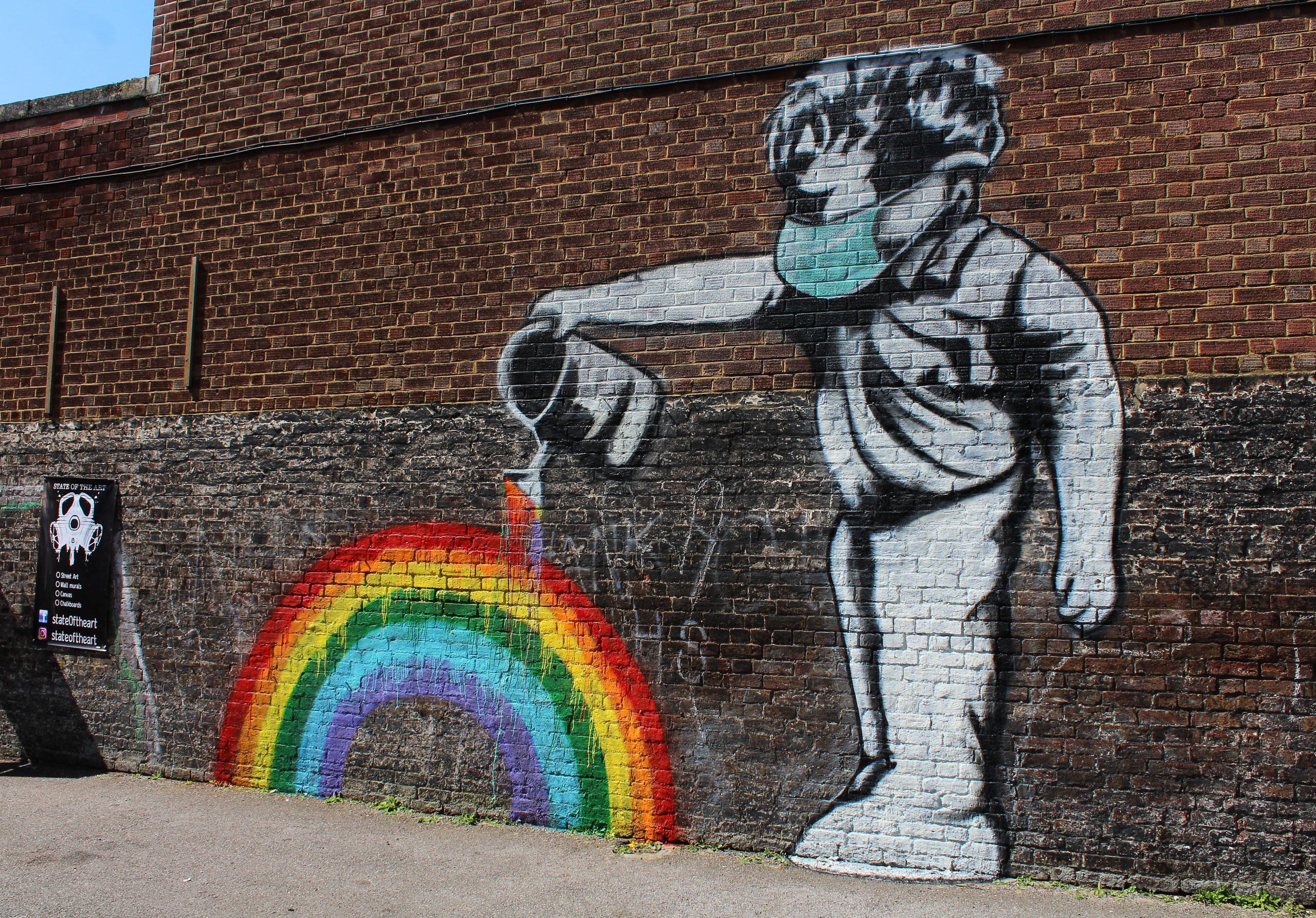
The thick spike proteins of Covid-19 have latched on to poverty, inequality and racism. There has to be a…
By Lyndsey Stonebridge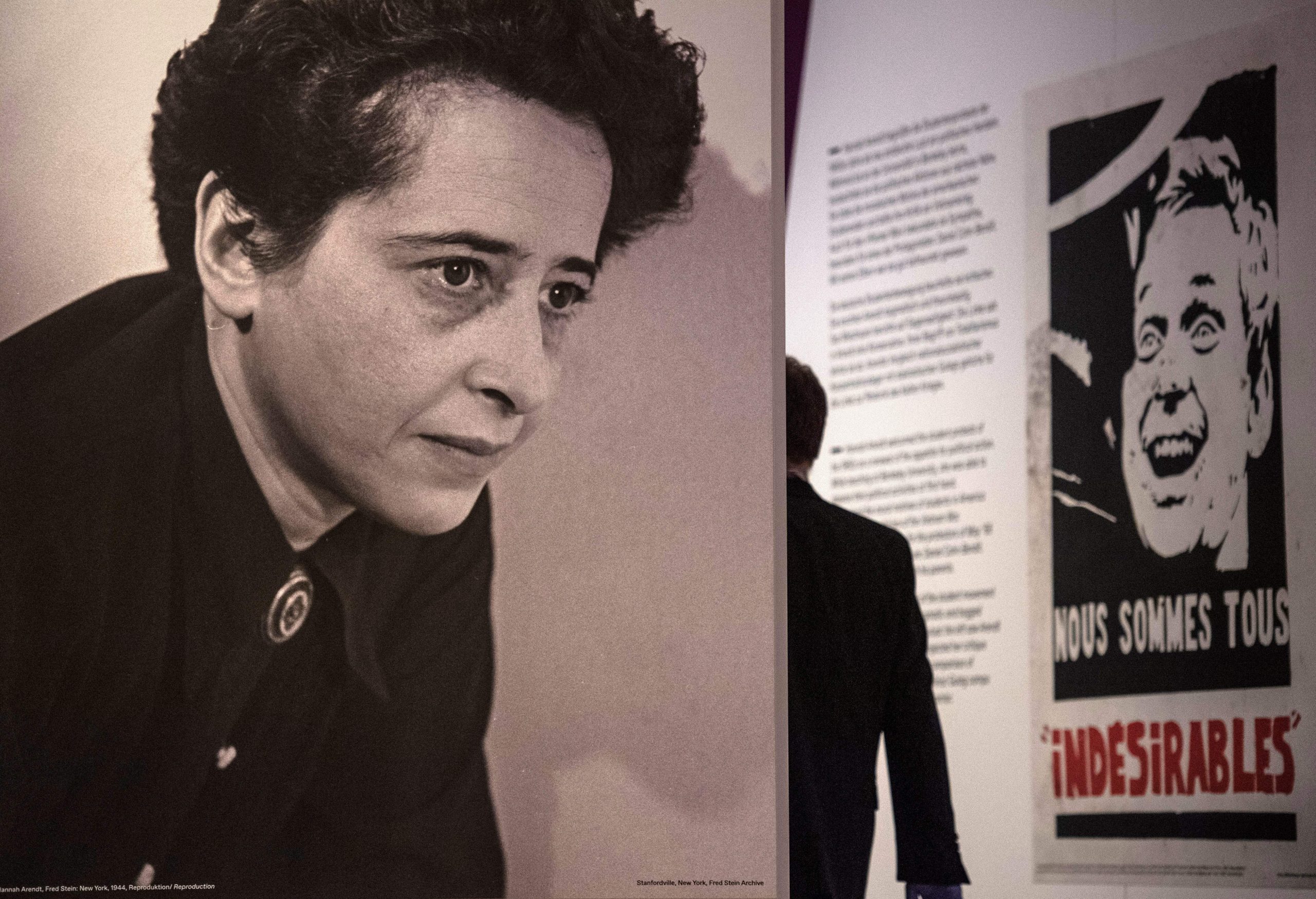
The philosopher’s distinction between work and labour should guide our attempts to build a better society.
By Lyndsey Stonebridge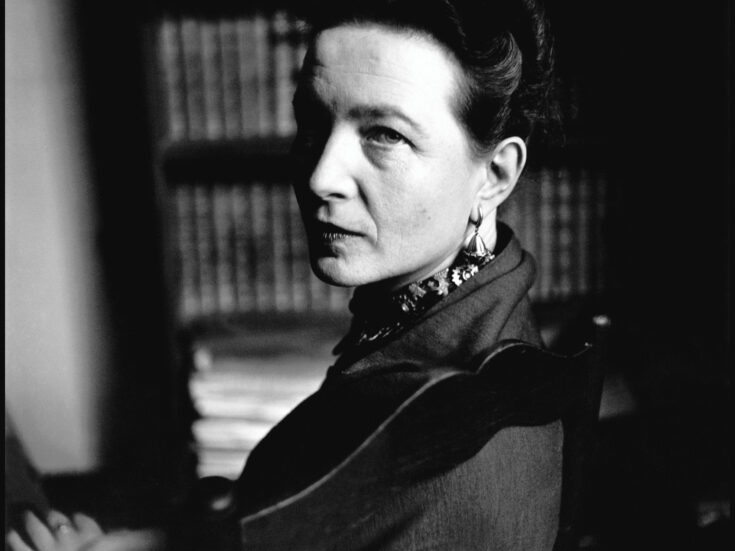
For decades Simone de Beauvoir was seen as a mere accessory to Sartre. But we are only beginning to…
By Lyndsey Stonebridge